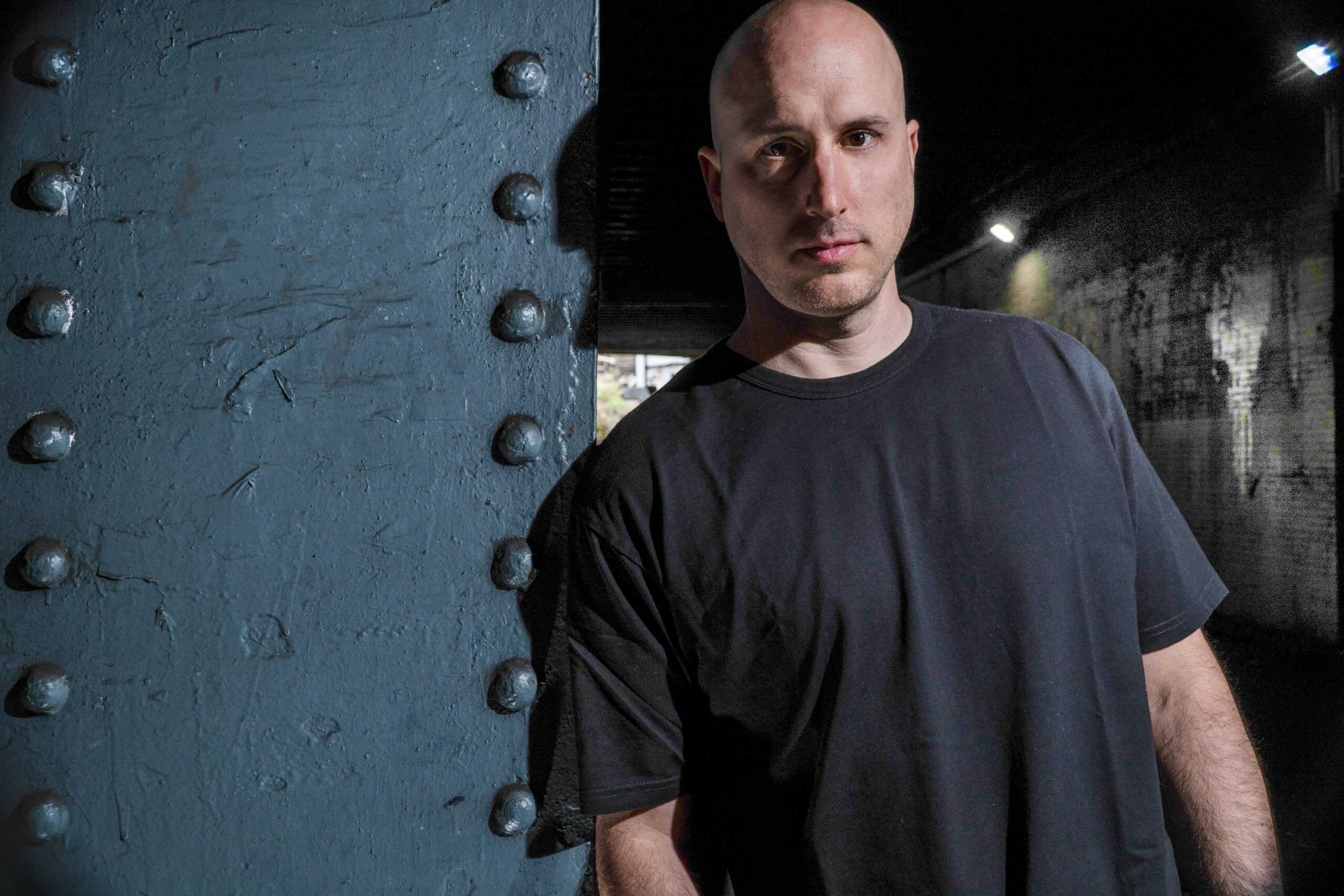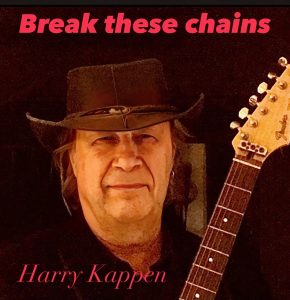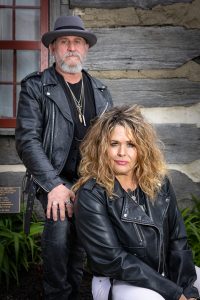There’s a quiet ache at the center of “RISE,” the new single from Italian producer and multi-instrumentalist Lawrence Fancelli — aka Mouth Water. Built in the solitude of rural Tuscany and shaped by years of distance, memory, and reconnection, the track feels less like a song and more like a message in a bottle: patient, personal, and glimmering with hope.
Best known for weaving analog synths and deep house rhythms into something that feels both widescreen and deeply lived-in, Mouth Water has been quietly building a reputation across Europe’s electronic underground. He’s played Primavera Sound, earned praise from Clash and MusicTech, and picked up remix love from Lindstrøm. But with “RISE” (out June 27), Fancelli zooms in — crafting one of his most emotionally raw offerings to date.
“I wrote this song thinking about the friends I shared so much with in the past who are no longer part of my daily life. It’s an open letter, a gesture of hope — because sometimes, even after long silences, we can come back together and create something meaningful again.”
And that’s exactly what “RISE” sounds like — the gentle lifting of a fog. Built on soft percussion and warm, glistening synth textures, the track pulses with quiet urgency. Fancelli’s voice, subtle and unguarded, guides us through rooms left behind: empty houses, forgotten basements, the hush of a city at dawn. There’s melancholy here, yes — but also a sense of ascent, of something just beginning. The title isn’t a metaphor — it’s a promise.
Like much of Mouth Water’s output, “RISE” feels both cinematic and tactile. It doesn’t shout. It lingers, opening itself slowly, like a sunrise through fogged windows. It’s the kind of track you stumble on late at night, when nostalgia hits hard and you need something that understands.
In a genre often preoccupied with speed and spectacle, Fancelli offers a soft antidote. “RISE” is music for healing, for remembering, for reaching back across time — and maybe, if you’re lucky, for finding your way home.







